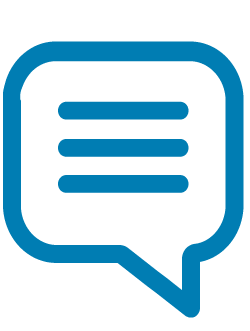
Credential Lab
Higher Learning Commission Credential Lab is an innovation hub that supports institutions and learners in navigating the complex and growing ecosystem of short-term postsecondary credentials. Our work is focused in two areas: designing a quality assurance system for short-term credential content providers, and supporting institutions and providers to ensure quality learning experiences and outcomes.
The Challenges We’re Addressing
Learners need high-quality credentials that build skills, stack toward degrees, support mobility and provide on-ramps and off-ramps to further education and employment.
Colleges and universities need support and guidance in engaging in high quality external partnerships and transforming their institutional offerings to meet the needs of the 21st century learn-and-work ecosystem.
Employers, industries, and workforce development organizations need reliable information about credentials and education and training providers.
While there are an increasing number of short-term credentials and content providers emerging, there is also an overwhelming need to assure quality and to improve transparency for learners and employers.
Two Solutions
The Credential Lab is working with multiple teams of diverse and experienced stakeholders to design, test, and offer the following two solutions:
Quality Assurance/Endorsement: A voluntary quality assurance framework and process that will serve to review and endorse short-term credential content providers that demonstrate meeting certain standards. Providers may be non-degree granting institutions or companies that create and/or deliver content or skills training that connects learners to labor market needs, either independently or in partnership with colleges and universities or employers.
Innovation Center: Resources and programming for colleges, universities, and other educational providers to develop high-quality short-term credentials and to foster effective partnerships among higher education institutions, providers, states, employers, and industries.
Leadership Advisory Board
The Leadership Advisory Board helps develop the field of quality assurance for short-term credential providers & ensures relevancy & leadership across the industry.
Quality Assurance Design Team
HLC also has established the initial design team that created standards and processes for assuring the quality of Providers.
Innovation Center Design Team
HLC utilized an innovation center design team to create resources for higher ed institutions to provide their students quality credentials.
Piloting the Endorsement
HLC engaged with many potential providers to test the Quality Assurance Framework in 2025. Initial interviews were conducted, an overview of the proposed framework was reviewed and four short-term credential content providers elected to test the application process. Ongoing engagement and feedback occurred throughout the initiative. The applications were utilized to test an evaluative framework, and each participating provider received a summary of the evaluative rubric review of their submission.
Special Thanks
HLC extends its gratitude to the members of the Quality Assurance Design Team, Endorsement Evaluators Design Team, and the four pilot providers: Corporate Financial Institute, EDUCAUSE, Sophia Learning and Voltage Control. Their collective effort, innovative thinking and expertise were instrumental in building an endorsement process that will transform the ecosystem of short-term credentials.
HLC appreciates the long-term support from Lumina Foundation and recent support from ECMC Foundation to launch the initial phase of the Credential Lab.
Creation of HLC’s Credential Lab
In 2017, with funding from Lumina Foundation, HLC developed a “think tank” named Partners for Transformation. HLC’s Partners for Transformation consisted of 20 thought leaders from across the country. This group represented a cross-section of institutional leaders, national experts and individuals from outside traditional higher education. The think tank explored a broad range of topics identifying three areas of focus:
- Revolution of Post-Secondary Education: The Unbundling
- Student-focused Accrediting Agencies
- Relationship to the Triad and Beyond
The recommendations resulted in a publication, Innovation: Beyond the Horizon and the Future of Higher Education, that was published in April 2019. From the recommendations, HLC defined three topics for future work:
- Learner Dynamics – Learner Intent, Learner Outcomes and Learner Record
- Innovation Space – Collaboration with a Community of Practice and the Implementation of Innovative Practices
- Collaboration Across (and Beyond) the Triad
Beginning in 2019, HLC’s EVOLVE strategic plan started a multi-phased initiative designed to explore the changing landscape of accreditation and quality assurance.
In 2020, a new group, called the Stakeholders’ Roundtable, was convened to examine the gaps between the needs in the workforce and higher education.
This work led to the publication of Evolving: Accreditation and the Credential Landscape in April 2022, in which the Stakeholders’ Roundtable offered specific recommendations for addressing the changing landscape of higher ed, as well as expectations of institutional transparency related to credentials and learner competencies.
HLC funded a feasibility study to determine if and how HLC could participate in the fast-growing credential space. HLC gathered input from its member institutions in spring 2023 that validated a strong and growing short-term credential market, potential strategic rationales for HLC’s participation, value propositions for HLC members as well as short-term credential content providers.

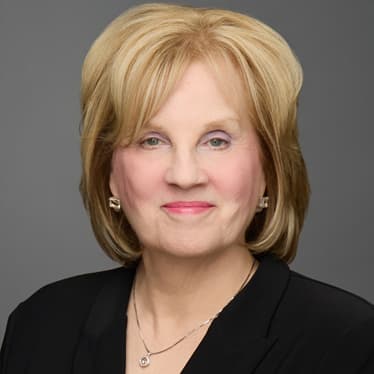
Barbara Gellman-Danley
President
Barbara Gellman-Danley assumed the presidency of HLC in July 2014.
Previously, Dr. Gellman-Danley was the president of University of Rio Grande/Rio Grande Community College. She previously served as Vice Chancellor of the Ohio Board of Regents, president at Antioch University McGregor, vice president at Monroe Community College, and vice chancellor at the Oklahoma State Regents for Higher Education. She also held positions at the Oklahoma Educational Television Authority (OETA) and Cox Cable Communications in Oklahoma City.
Dr. Gellman-Danley currently serves as Chair of the Credential Engine Board and the National Council for State Authorization Reciprocity Agreements (NC-SARA) Executive Committee. Dr. Gellman-Danley holds a B.S. from Syracuse University, a M.L.S. from Simmons College, a M.B.A. from Oklahoma City University, and a Ph.D. in Communication from the University of Oklahoma. She also completed post-graduate work at New York University, Cornell University, Harvard University, the University of Chicago, and the Massachusetts Institute of Technology.
In April 2019, Dr. Gellman-Danley was awarded Honorary Membership in Phi Theta Kappa due to her lifelong commitment to students, a recognition given less than 40 times in 100 years.
Dr. Gellman-Danley is a Professional Certified Coach (PCC), a Certified Executive Coach and a Certified Life Coach. She also holds certifications in AGILE and Lean Six Sigma.
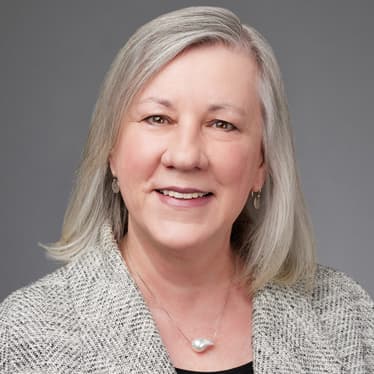
Karen J. Solomon
Vice President and Chief Transformation Officer
Karen J. Solomon is leading the development of HLC’s Credential Lab, an innovation hub designed to assist institutions and providers in navigating the complex and growing ecosystem of postsecondary short-term credentials. In addition to serving as an institutional liaison, she has been leading HLC’s future-focused grant initiatives since 2016.
Dr. Solomon presently serves on the Learn & Work Ecosystem Library Advisory Board and the Credential as You Go National Advisory Board. She served as a public representative for the Council for the Advancement of Standards in Higher Education (CAS) and is a past chair of the WICHE Cooperative for Educational Technologies (WCET) Executive Council. She also served as a reviewer of good practices for INQAAHE and has been a consultant, presenter and peer reviewer for developing international accrediting agencies.
Previously, Dr. Solomon was the founding Executive Director of Illinois Campus Compact and held leadership roles at ACT, Inc and higher education institutions. She holds an Ed.D. in Adult and Continuing Education from Northern Illinois University.
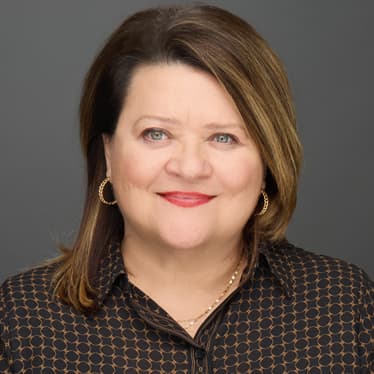
Eva Sitek
Director of Business Development and Procurement
Eva Sitek joined HLC in November of 2011 as Director of Meetings and Events. In 2020 she was named Director of Business Development and Procurement overseeing the expansion of HLC’s geographic region.
Prior to joining HLC Ms. Sitek was Director of the International Annual Convention at Lions Clubs International and the Federated Group. Her work included managing local and global planning teams throughout Asia, Europe, South and North America. Ms. Sitek previously served as business development manager at Arthur Andersen and a sales and marketing manager at Midway Airlines.
Ms. Sitek holds a B.A. from University of Illinois-Chicago. Ms. Sitek received leadership training from Cornell University and is a Certified Meeting Planner and SCRUM Master. Her professional development in project management, business development and consulting were honed during her tenure at Arthur Andersen.
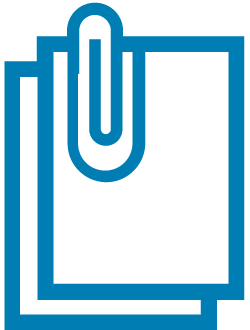
Related Resources
